Today, we often take advantage of social media and the traction it can gain when unjust events occur. However, social media is an extremely new development. And during the 1940's incarceration of Japanese Americans, many notable court cases emerged trying to stand against the deliberate abuse of Executive Order 9066 and the restrictions placed in response. Minoru Yasui was one of the many brave Japanese Americans who stood tall against the US government.
Minoru Yasui was born of two immigrant parents in Hood River, Oregon on October 19, 1916. Growing up, he attended public school and continued his education at the University of Oregon to become the first Japanese American lawyer admitted to the Oregon Bar. In 1940, Yasui was appointed Consular Attache for the Japanese Consulate in Chicago. However, on December 8, 1941 (one day after Pearl Harbor), Minoru promptly resigned from his position to report back to Oregon for active military duty. But he was turned away soley because of his ancestry.
Upon his return to Oregon, he was not greeted with open arms; instead he faced severe racial discrimination. Minoru Yasui wanted to guarantee lawful representation for people facing his similar experiences; so, he opened his own practice in Portland, Oregon to help other Americans of Japanese Ancestry to navigate the law. Soon after Executive Order 9066 was passed by President Franklin Delano Roosevelt's signature, it opened the door for a looser interpretation of how military officials could 'protect' America. In many places along the West Coast, it meant orchestrating a strict curfew for people of Japanese descent. Angered by this proclamation, Minoru decided it best to test its constitutionality and intentionally stayed out late in order to initiate a test case.
By late 1943, Minoru Yasui appealed his case (famously titled, Minoru Yasui v. United States) all the way to the Supreme Court of the United States, where Chief Justice Stone delivered the decision that remained for forty years. In Stone's report, he stated the curfew implemented was constitutional because it was in defense of the United States and went with the assumption Yasui gave up his citizenship when he chose to work for the Japanese Consulate. With his guilty verdict still intact, Minoru was then sentenced to one year in Multnomah County Jail in Oregon, where he spent nine months in solitary confinement. When his one-year sentence was done, he was still not freed; rather, he was moved to Minidoka Concentration Camp in Idaho. At least there, he wasn't thrown into solitary and was allowed to socialize within the comfort of his new barbed wire fence home.
By late 1943, Minoru Yasui appealed his case (famously titled, Minoru Yasui v. United States) all the way to the Supreme Court of the United States, where Chief Justice Stone delivered the decision that remained for forty years. In Stone's report, he stated the curfew implemented was constitutional because it was in defense of the United States and went with the assumption Yasui gave up his citizenship when he chose to work for the Japanese Consulate. With his guilty verdict still intact, Minoru was then sentenced to one year in Multnomah County Jail in Oregon, where he spent nine months in solitary confinement. When his one-year sentence was done, he was still not freed; rather, he was moved to Minidoka Concentration Camp in Idaho. At least there, he wasn't thrown into solitary and was allowed to socialize within the comfort of his new barbed wire fence home.
In the Summer of 1944, Minoru Yasui was released from Minidoka to work at a Chicago ice plant. Even after the release of over a hundred thousand Japanese Americans from the concentration camps, Minoru Yasui remained extremely involved in many Japanese American community-based activities both in Denver and nationally. He fought his way to get bared in Colorado despite getting denied because of his earlier conviction, helped as many Japanese Americans as possible who suffered economic losses from being incarcerated, and became a lobbyist to end the citizenship restrictions on Isseis immigrating from Japan. Yasui became an extremely influential and inspirational figure within the Japanese American community, getting awarded many times for his dedication through social reform.
However, all the while, Minoru had the conviction looming over his head. In 1983, forty year later, Minoru's lead lawyer, Peggy Nagae, filed a writ of error coram nobis in the hopes to re-open his Oregon case, based on forged evidence. The hope was to find the curfew proclamation unconstitutional, and therefore Minoru Yasai would be vacated of his conviction. It was a success. Finally, after forty years, Minoru Yasui was able to live the rest of his life without the 'convict' label.
Minoru Yasui was an incredible man who not only fought to clear his own name, but also worked his entire life to better the lives of those affected by Executive Order 9066. As members of the Japanese American community, a community Minoru Yasui was so passionate about, we need to make sure we preserve its history and integrity for decades to come.
However, all the while, Minoru had the conviction looming over his head. In 1983, forty year later, Minoru's lead lawyer, Peggy Nagae, filed a writ of error coram nobis in the hopes to re-open his Oregon case, based on forged evidence. The hope was to find the curfew proclamation unconstitutional, and therefore Minoru Yasai would be vacated of his conviction. It was a success. Finally, after forty years, Minoru Yasui was able to live the rest of his life without the 'convict' label.
Minoru Yasui was an incredible man who not only fought to clear his own name, but also worked his entire life to better the lives of those affected by Executive Order 9066. As members of the Japanese American community, a community Minoru Yasui was so passionate about, we need to make sure we preserve its history and integrity for decades to come.

 RSS Feed
RSS Feed
